Dec 17, 2011
Four members from the Centre for Conflict and Peace Studies (CAPS) attended the Annual Plenary of the Near East South Asia (NESA) hosted by Regional Network of Strategic Studies Centers (RNSSC) in Washington, and the Center for Strategic Research (SAM) in Istanbul, from November 28th – December 1st, 2011 in Istanbul, Turkey. CAPS was represented by Deputy Director, Mariam Safi, Deputy Head of Research, HalimullahKousary, Senior Research Analyst, SayedMaisamWahidi and Research Officer Mukhtar Ahmad Niazi.
The CAPS team participated in the working groups of regional economic integration, energy security, governance issues and water security. In addition, CAPS was an active part of the plenary discussions on topics such as the strategic implications of the emerging global system, media and technology in modern statecraft, peace-making and reconciliation in Afghanistan, regional security architectures and maritime security.
Mariam Safi participated in the regional economic integration-working group, which began by selecting their two chairs, of which Mariam Safi was selected as the co-chair of the working group. Preceding the selection of the chairs, the group outlined the topic of focus and benchmarks of the working group. The group decided to focus on issues of economic integration looking at two separate regions (Mediterranean and Africa) and (Central and South Asia). Two sub-groups were going to be devised and each would examine issues of Transport and Infrastructure, Transit and Connectivity, Trade and Investment, and Joint Ventures within each region, with emphasis placed on security Issues and political obstacles. Specific issues were also highlighted for further analyzes by the group such as SAARC, Silk Road Initiative, GCC and SCO.
Mr. Kousary participated in the energy security-working group, in which group members discussed the need for, and source of, energy in the regions of Middle East and South Asia. Members representing various countries from these regions explained the current level of dependence on the future need for energy in their respective countries. The group assigned members to present in the coming sessions on how their countries can contribute to regional energy security. Mr. Kousary has been assigned to present on the importance of Afghanistan.
Mr. Wahidi was a member of the governance-working group, in which various issues such as the role of civil society institutions and social media as a mechanism to fight corruption and force governments to take strong steps towards establishing transparent and accountable mechanisms. Members also discussed about the role of people in reshaping regimes in the Middle East countries and the power of people and the Arab spring. Mr. Wahidi also presented his perspective on the role of citizens and governance in the context of Afghanistan and compared local’s demands in Afghanistan with that of the people from Egypt and Tunisia.
Mr. Niazi participated in the Water-Security working group, where members discussed issues related to the scarcity of water in various regions and how to over come those challenges in the future. Mr. Niazi, discussed issues of water scarcity prevalent in Afghanistan.
In the concluding session of the plenary, the Chairs of each working group presented their groups initiatives and areas of work they will be focusing on for the 2011 and 2012 working group year.
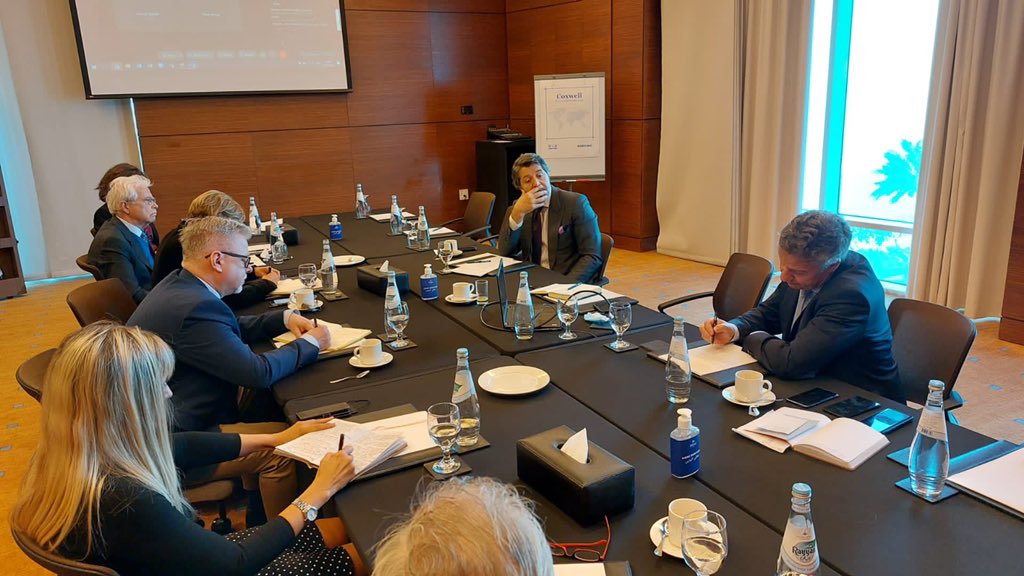
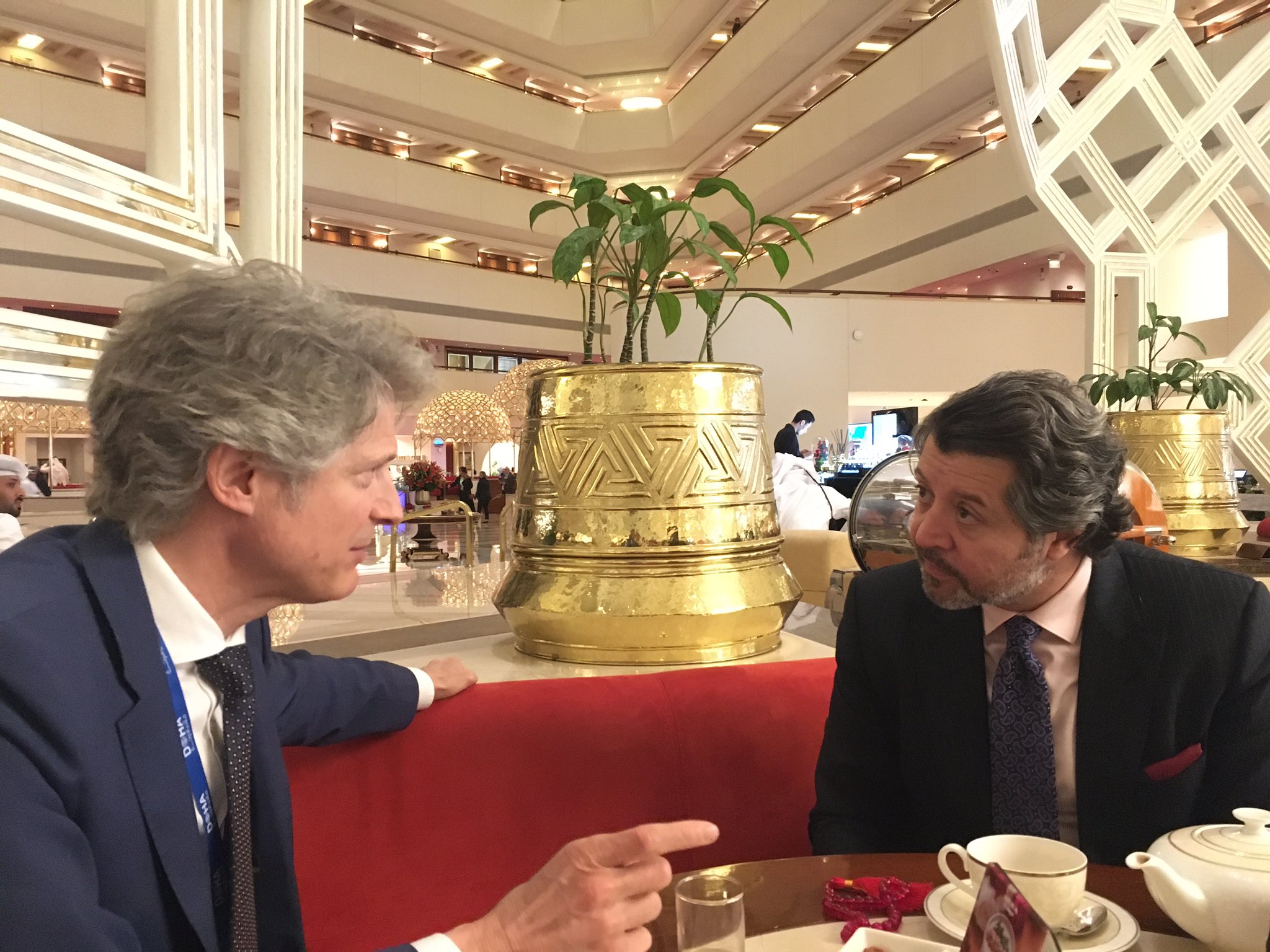

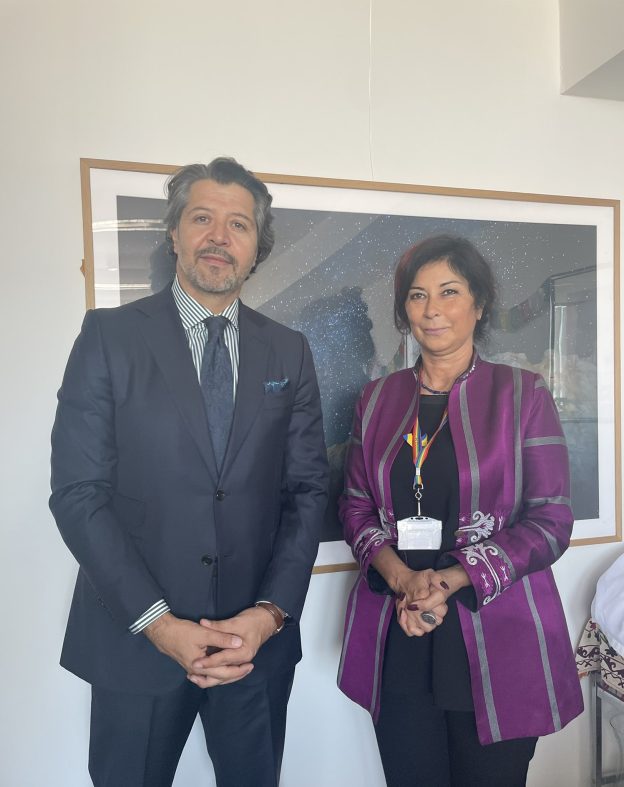
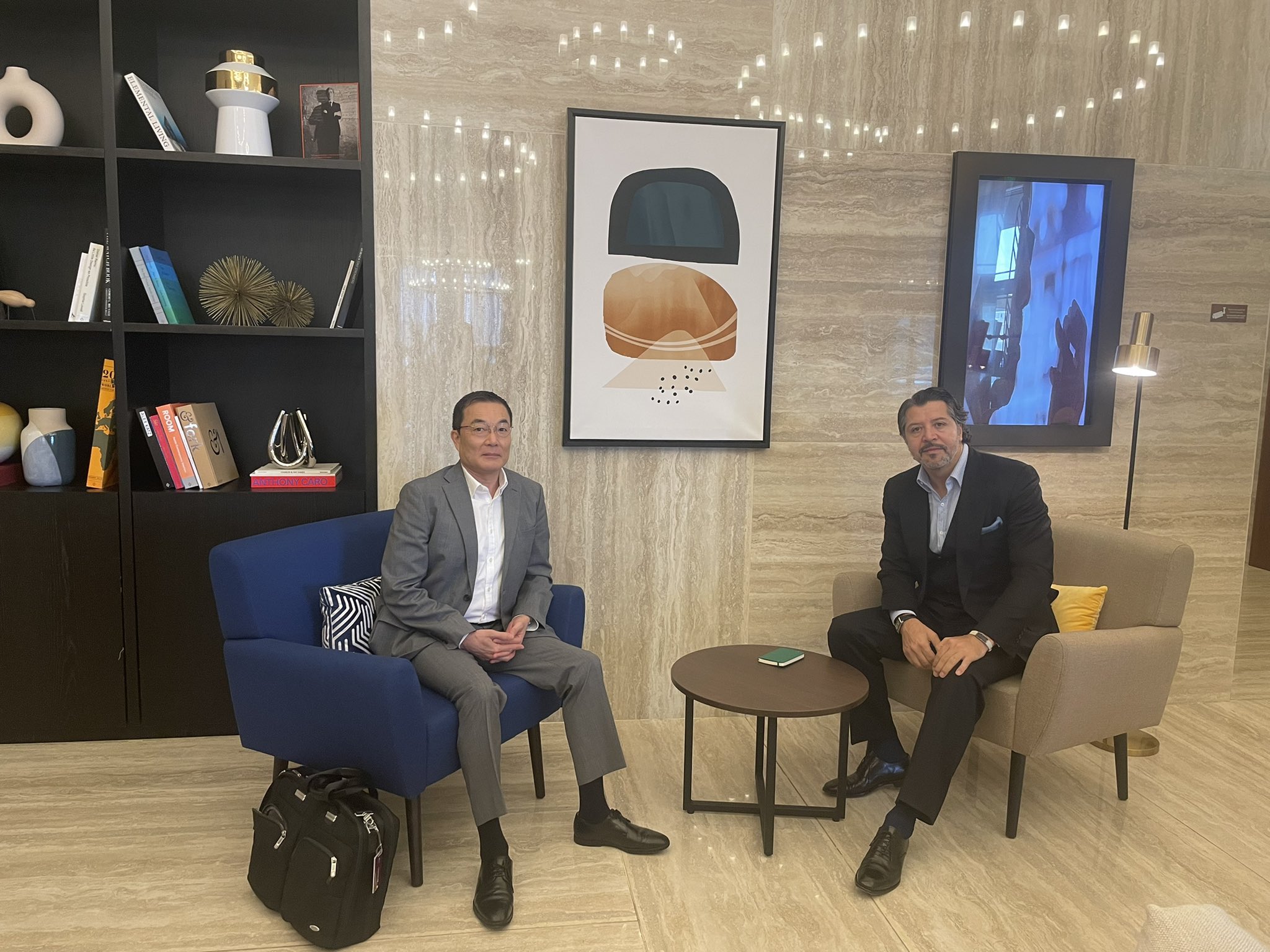
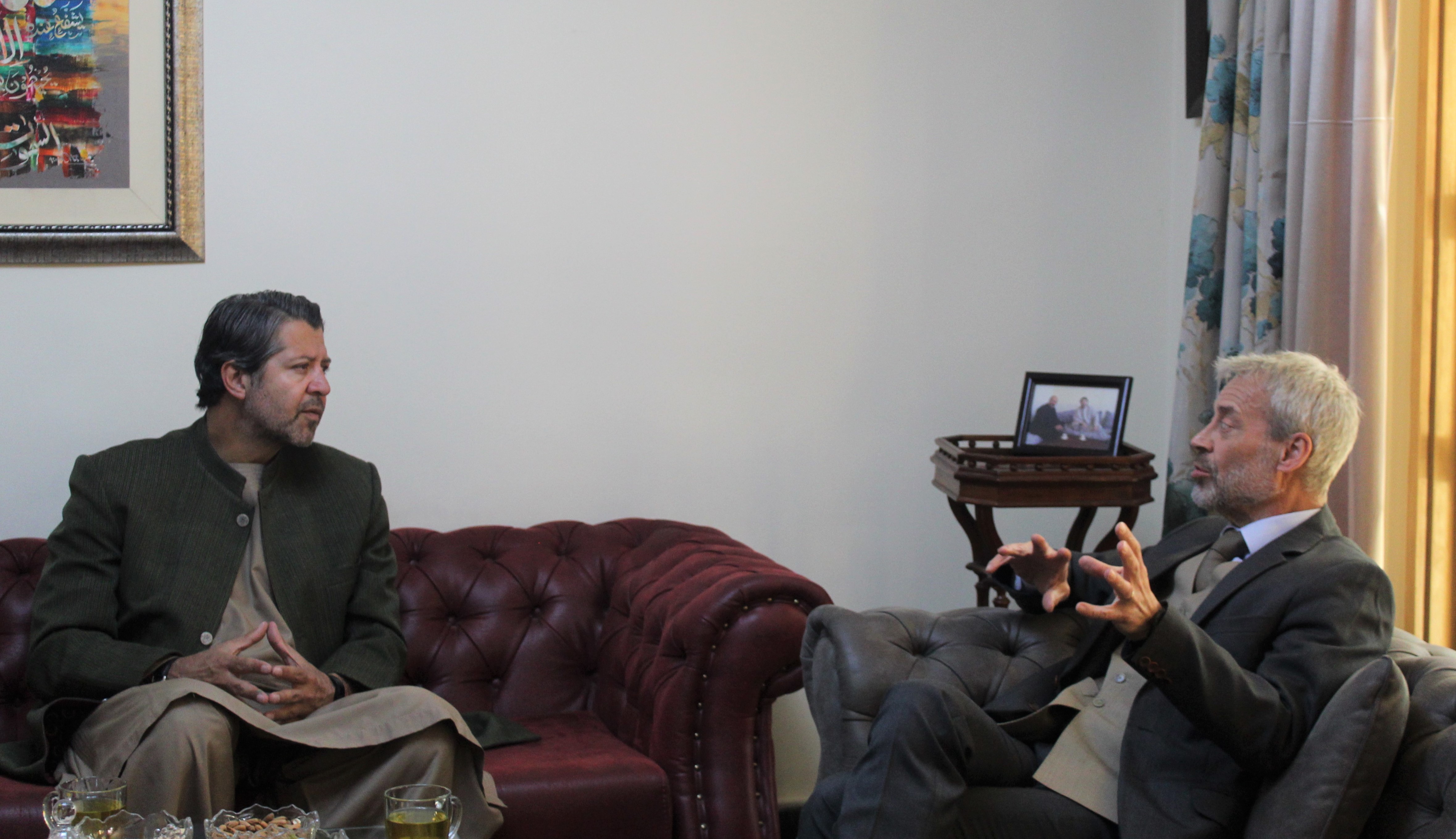
Leave A Comment